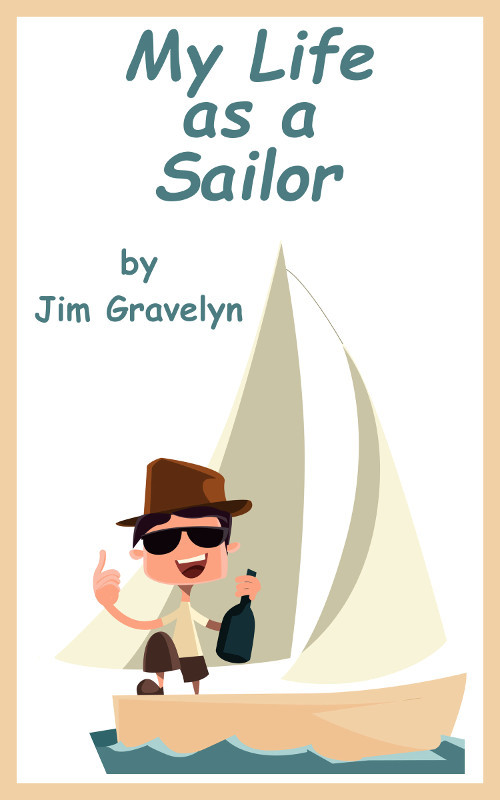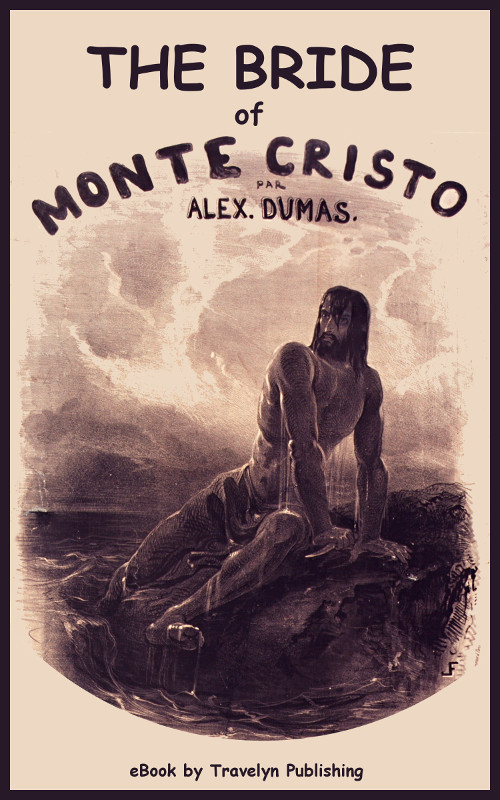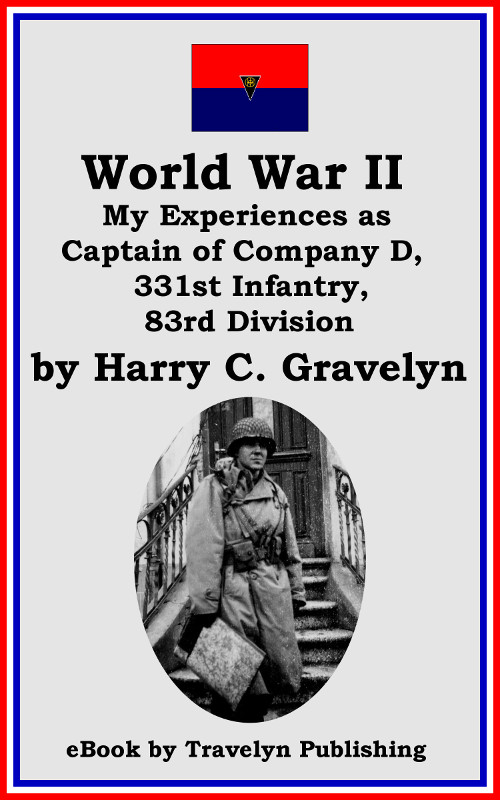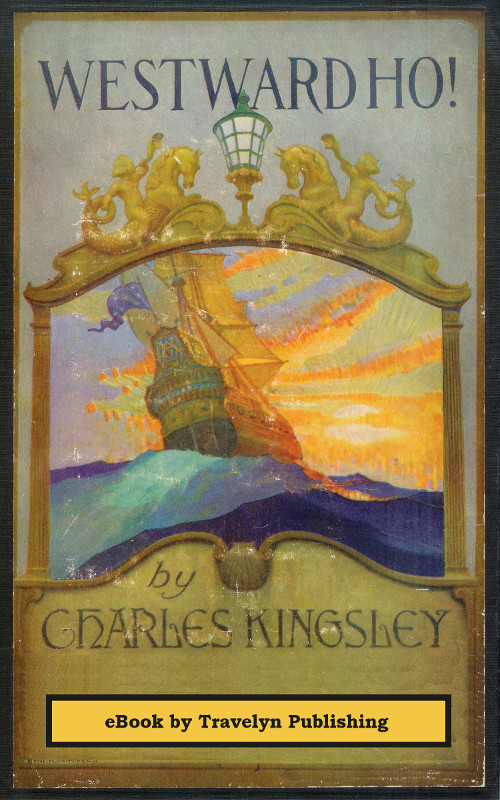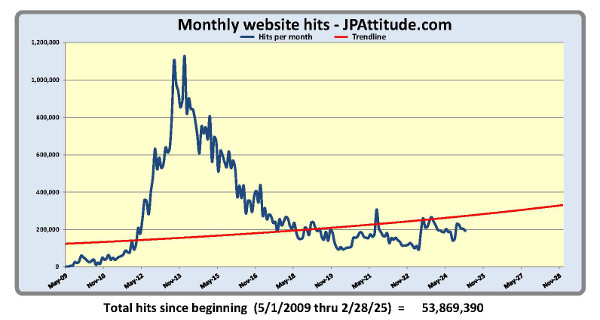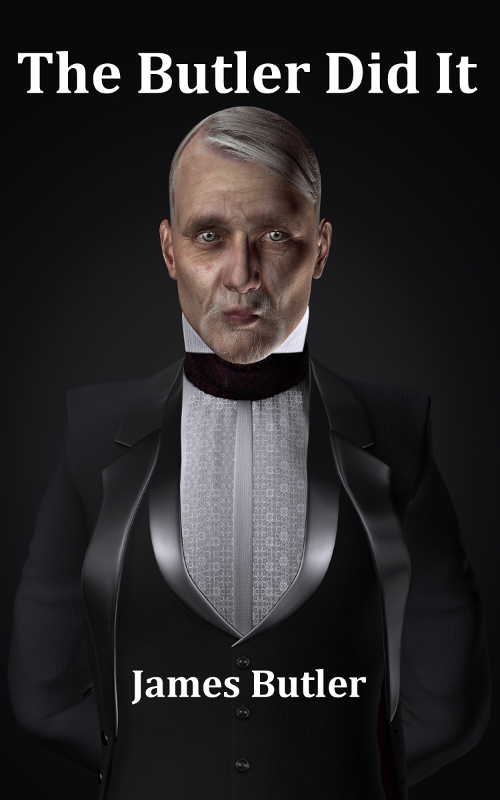Comparative analysis of the teleprompter president’s oratory
March 15, 2012
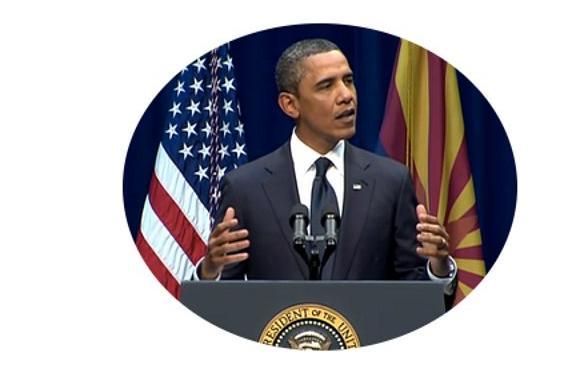 Barack Obama is renowned for his speechifying but comparing him to historical figures is downright dispiriting because of the wide chasm that separates him from them. If Obama is a great orator by today’s standards, then we have a problem with our standards.
Barack Obama is renowned for his speechifying but comparing him to historical figures is downright dispiriting because of the wide chasm that separates him from them. If Obama is a great orator by today’s standards, then we have a problem with our standards.The man reads from his teleprompter like a pro but has little of import to say, lies shamelessly, uses eighth-grade language, leans heavily toward long-windedness, and stumbles over his own tongue like a stroke victim when the teleprompter is unavailable. This passage from Abraham Lincoln’s second inaugural address, delivered to a divided nation during the Civil War, shows how far standards have slipped:
“Fondly do we hope—fervently do we pray—that this mighty scourge of war may speedily pass away. Yet, if God wills that it continue, until all the wealth piled by the bond-man’s two hundred and fifty years of unrequited toil shall be sunk, and until every drop of blood drawn with lash, shall be paid by another drawn with the sword, as was said three thousand years ago, so still it must be said, the judgments of the Lord are true and righteous altogether.”Those are powerful, momentous words, full of big ideas: God’s will, slavery, the price of war. Hell, the first sentence sounds like poetry. He stood at the podium in March of 1865 and told Americans the war would be prosecuted, in God’s name, even to the extent of destroying the country’s wealth, until every drop of slave’s blood was revenged. He spoke those words knowing they would be unwelcome, telling a friend in a letter that the speech would be unpopular because “men are not flattered by being shown that there is a difference of purpose between the Almighty and them.”
Even his words about his words were special.
In contrast, these are samplings from Obama’s state of the union speech two months ago:
“The point is, we should all want a smarter, more effective government. And while we may not be able to bridge our biggest philosophical differences this year, we can make real progress.”Oh, so that’s why America is great. Here we thought the nation was great because of our relationship with God, our recognition of God-given inalienable rights, and our willingness to die for both... silly us. Turns out it’s because “we get each other’s backs.” Who knew?
“...America is back. Anyone who tells you otherwise, anyone who tells you that America is in decline or that our influence has waned, doesn’t know what they’re talking about.”
“No one built this country on their own. This nation is great because we built it together. This nation is great because we worked as a team. This nation is great because we get each other’s backs.”
Here’s Winston Churchill, in the darkest hours of World War II, one day after France surrendered to Nazi Germany leaving Britain to stand alone against the whole German-occupied European continent:
“What General Weygand called the Battle of France is over. I expect that the Battle of Britain is about to begin. Upon this battle depends the survival of Christian civilization. Upon it depends our own British life, and the long continuity of our institutions and our Empire. The whole fury and might of the enemy must very soon be turned on us.If you don’t get goose bumps reading those words, your goose must be already cooked.
“Hitler knows that he will have to break us in this Island or lose the war. If we can stand up to him, all Europe may be free and the life of the world may move forward into broad, sunlit uplands. But if we fail, then the whole world, including the United States, including all that we have known and cared for, will sink into the abyss of a new Dark Age made more sinister, and perhaps more protracted, by the lights of perverted science.
“Let us therefore brace ourselves to our duties, and so bear ourselves that if the British Empire and its Commonwealth last for a thousand years, men will still say, 'This was their finest hour.'”
One month earlier, Churchill had addressed the House of Commons for the first time as prime minister. His election was not popular with the members, who gave him a chilly reception, but he didn’t mince words:
“I would say to the House, as I said to those who have joined the government: ‘I have nothing to offer but blood, toil, tears and sweat.’ We have before us an ordeal of the most grievous kind. We have before us many, many long months of struggle and of suffering. You ask, what is our policy? I will say: It is to wage war, by sea, land and air, with all our might and with all the strength that God can give us; to wage war against a monstrous tyranny, never surpassed in the dark and lamentable catalogue of human crime. That is our policy. You ask, what is our aim? I can answer in one word: victory; victory at all costs, victory in spite of all terror, victory, however long and hard the road may be; for without victory, there is no survival. Let that be realized; no survival for the British Empire, no survival for all that the British Empire has stood for, no survival for the urge and impulse of the ages, that mankind will move forward towards its goal. But I take up my task with buoyancy and hope. I feel sure that our cause will not be suffered to fail among men. At this time I feel entitled to claim the aid of all, and I say, ‘Come then, let us go forward together with our united strength.’”For comparison, here’s Obama in his first address to a joint session of congress, February 24, 2009:
“In the next few days, I will submit a budget to Congress. So often, we have come to view these documents as simply numbers on a page or laundry lists of programs. I see this document differently. I see it as a vision for America—as a blueprint for our future.”(No budget has been passed by Congress since Obama was elected president.)
“Thanks to our recovery plan, we will double this nation’s supply of renewable energy in the next three years.”(Obama’s renewable energy programs turned out to be scandal-filled payoffs to Democrat campaign donors and utter failures—Solyndra, First Solar, Fisker Automotive, LightSquared, Chevy’s Volt, etc.)
“For that same reason, we must also address the crushing cost of health care. This is a cost that now causes a bankruptcy in America every thirty seconds.”(An outright lie.)
“Yesterday, I held a fiscal summit where I pledged to cut the deficit in half by the end of my first term in office. My administration has also begun to go line by line through the federal budget in order to eliminate wasteful and ineffective programs. As you can imagine, this is a process that will take some time.”(We know how long his “pledge” lasted—by the time he left the Capitol it was already forgotten.)
Obama’s habitual use of falsehood illustrates an important requirement of great oratory: for a man to be a great orator, he must not only communicate great ideas but also speak the truth. Subsequent events must vouch for his veracity and insight. The first three fiscal years for which Obama is responsible—2010, 2011, and 2012—have an average federal deficit of $1.5 trillion. Bush’s final three years—including disastrous 2008, when the financial crisis hit, and 2009, which suffered Obama “stimulus” spending—averaged $1.1 trillion. Rather than cutting the deficit in half, Obama is running higher deficits during economic recovery than Bush ran during the recession. So much for Obama’s “pledge.”
We probably wouldn’t be calling Churchill a great speech maker if Great Britain had surrendered to the Nazis and London’s official language was German. He wasn’t just saying important things, he was right.
Recently we had a chance to watch Obama and another world leader sitting side by side, speaking one after the other, sans teleprompter, on the same subject. The comparison was eye-opening. The President of the United States spoke for less than five minutes but said “uhh” ninety six times. (That’s an “uhh” every three seconds.) Then the prime minister of Israel, Benjamin Netanyahu, spoke without saying “uhh” even once:
“Americans know that Israel and the United States share common values, that we defend common interests, that we face common enemies. Iran’s leaders know that, too. For them, you’re the Great Satan, we’re the Little Satan. For them, we are you and you’re us. And you know something, Mr. President – at least on this last point, I think they’re right. We are you, and you are us. We’re together. So if there’s one thing that stands out clearly in the Middle East today, it’s that Israel and America stand together.Not bad for off-the-cuff remarks in a second language. Natanyahu’s short speech was an eloquent, and accurate spanking of Obama, who was pusillanimously threatening to welsh on our commitment to Israel. Israel’s prime minister made it clear that Israel does not require America’s permission to act against Iran on its own.
“I think that above and beyond that are two principles, longstanding principles of American policy that you reiterated yesterday in your speech – that Israel must have the ability always to defend itself by itself against any threat; and that when it comes to Israel’s security, Israel has the right, the sovereign right to make its own decisions. I believe that’s why you appreciate, Mr. President, that Israel must reserve the right to defend itself.
“And after all, that’s the very purpose of the Jewish state – to restore to the Jewish people control over our destiny. And that’s why my supreme responsibility as Prime Minister of Israel is to ensure that Israel remains the master of its fate.”
Matthew May at American Thinker said afterward that Netanyahu, rather than Obama, sounded like the leader of the free world.
How about Ronald Reagan in 1987, standing next to the Berlin Wall:
“We welcome change and openness; for we believe that freedom and security go together, that the advance of human liberty can only strengthen the cause of world peace. There is one sign the Soviets can make that would be unmistakable, that would advance dramatically the cause of freedom and peace. General Secretary Gorbachev, if you seek peace, if you seek prosperity for the Soviet Union and Eastern Europe, if you seek liberalization: Come here to this gate! Mr. Gorbachev, open this gate! Mr. Gorbachev, tear down this wall!”The roar from the West Germans that day sounded like it might topple the wall immediately. That’s a sign of a great speech.
Obama had a similar sojourn in the vicinity of America’s enemies when he gave a speech to Muslim Cairo in June of 2009. Here’s what he had to say about human liberty:
“I know there has been controversy about the promotion of democracy in recent years, and much of this controversy is connected to the war in Iraq. So let me be clear: No system of government can or should be imposed by one nation by any other. That does not lessen my commitment, however, to governments that reflect the will of the people. Each nation gives life to this principle in its own way, grounded in the traditions of its own people. America does not presume to know what is best for everyone, just as we would not presume to pick the outcome of a peaceful election.”Not quite as stirring as “Mr. Gorbachev, tear down this wall!” is it? The crowd’s reaction was tepid, as you would expect from tepid language.
Some of the most emotional speeches leaders make come in the aftermath of military operations. Comparing Obama’s words about the operation that killed Osama bin Laden to Napoleon Bonaparte’s words after his defeat by the Allies in 1814, as he departed into exile on the little island of Elba, contrasts the two men starkly.
For Obama, the killing of Osama bin Laden was about himself even though he wasn’t there:
“And so shortly after taking office, I directed Leon Panetta, the director of the CIA, to make the killing or capture of bin Laden the top priority of our war against al Qaeda, even as we continued our broader efforts to disrupt, dismantle, and defeat his network. Then, last August, after years of painstaking work by our intelligence community, I was briefed on a possible lead to bin Laden. It was far from certain, and it took many months to run this thread to ground. I met repeatedly with my national security team as we developed more information about the possibility that we had located bin Laden hiding within a compound deep inside Pakistan. And finally, last week, I determined that we had enough intelligence to take action, and authorized an operation to get Osama bin Laden and bring him to justice. Today, at my direction, the United States launched a targeted operation against that compound in Abbottabad, Pakistan.”For Napoleon, who participated in battles personally, with enormous courage, defeat and exile were about his beloved troops and France:
“Soldiers of my Old Guard: I bid you farewell. For twenty years I have constantly accompanied you on the road to honor and glory. In these latter times, as in the days of our prosperity, you have invariably been models of courage and fidelity. With men such as you our cause could not be lost; but the war would have been interminable; it would have been civil war, and that would have entailed deeper misfortunes on France. I have sacrificed all of my interests to those of the country. I go, but you, my friends, will continue to serve France. Her happiness was my only thought. It will still be the object of my wishes. Do not regret my fate; if I have consented to survive, it is to serve your glory. I intend to write the history of the great achievements we have performed together. Adieu, my friends. Would I could press you all to my heart.”Which guy would you follow into battle? (The French felt the same way: ten months later they rescued Napoleon and followed him into war again. Didn’t work out any better.)
Maybe I’m too hard on Obama. After all, politics and world affairs can be complicated stuff, as he said himself one day while answering a student's question about the Middle East without the benefit of his beloved teleprompter:
“Look look look! Um... the Middle East is obviously an issue that has plagued the region... for... centuries.”Huh? You betcha, Mr. President. Whatever you meant and howsoever poorly you said it, your reputation optimistically preceded you—but now, to posterity, your oratory speaks for itself.
And not very well.
“The shadows are lengthening for me. The twilight is here. My days of old have vanished, tone and tint. They have gone glimmering through the dreams of things that were. Their memory is one of wondrous beauty, watered by tears, and coaxed and caressed by the smiles of yesterday. I listen vainly, but with thirsty ears, for the witching melody of faint bugles blowing reveille, of far drums beating the long roll. In my dreams I hear again the crash of guns, the rattle of musketry, the strange, mournful mutter of the battlefield. But in the evening of my memory, always I come back to West Point. Always there echoes and re-echoes: Duty, Honor, Country. Today marks my final roll call with you, but I want you to know that when I cross the river my last conscious thoughts will be of The Corps, and The Corps, and The Corps. I bid you farewell.” —General Douglas MacArthur, age 82, May 12, 1962, at West Point
“I know that the man who makes the last speech on an occasion like this has the best of the other speakers, as he has the last word to say, which falls like a balm on the audience... and though I can't say that last word, I will do the next best thing I can, and that is to sit down.” —Mark Twain, July 4, 1886, Keokuk, Iowa
From Reno, Nevada, USA Tweet
March 15, 2012 - Excellent piece, well-researched and very well done although, last I looked, Benjamin Netanyahu was Prime Minister of Israel. The President is Shimon Peres. Don't worry; Barry probably doesn't even know Israel has both – he thinks Hawaii is in Asia. - Formwiz, Ohio
March 15, 2012 - Former collegiate-fencer touche! There ya go, expecting that a documented/referenced listing of facts would somehow assuage the knee-jerk, hissy-fit histrionics of the Libs/Dems/Progs' issue-driven distraction du jour. Actually appreciate the fact-checking balance to help offset mistakenly quoting errant sources when seeking to educate Libtard acquaintances with the actual contextual facts. Keep the good work. - Chris, Virginia
March 15, 2012 - Killer post. - MM, Colorado
J.P. replies: Oops. It's corrected. Dang it, I hate it when that happens.
March 15, 2012 - Former collegiate-fencer touche! There ya go, expecting that a documented/referenced listing of facts would somehow assuage the knee-jerk, hissy-fit histrionics of the Libs/Dems/Progs' issue-driven distraction du jour. Actually appreciate the fact-checking balance to help offset mistakenly quoting errant sources when seeking to educate Libtard acquaintances with the actual contextual facts. Keep the good work. - Chris, Virginia
March 15, 2012 - Killer post. - MM, Colorado
